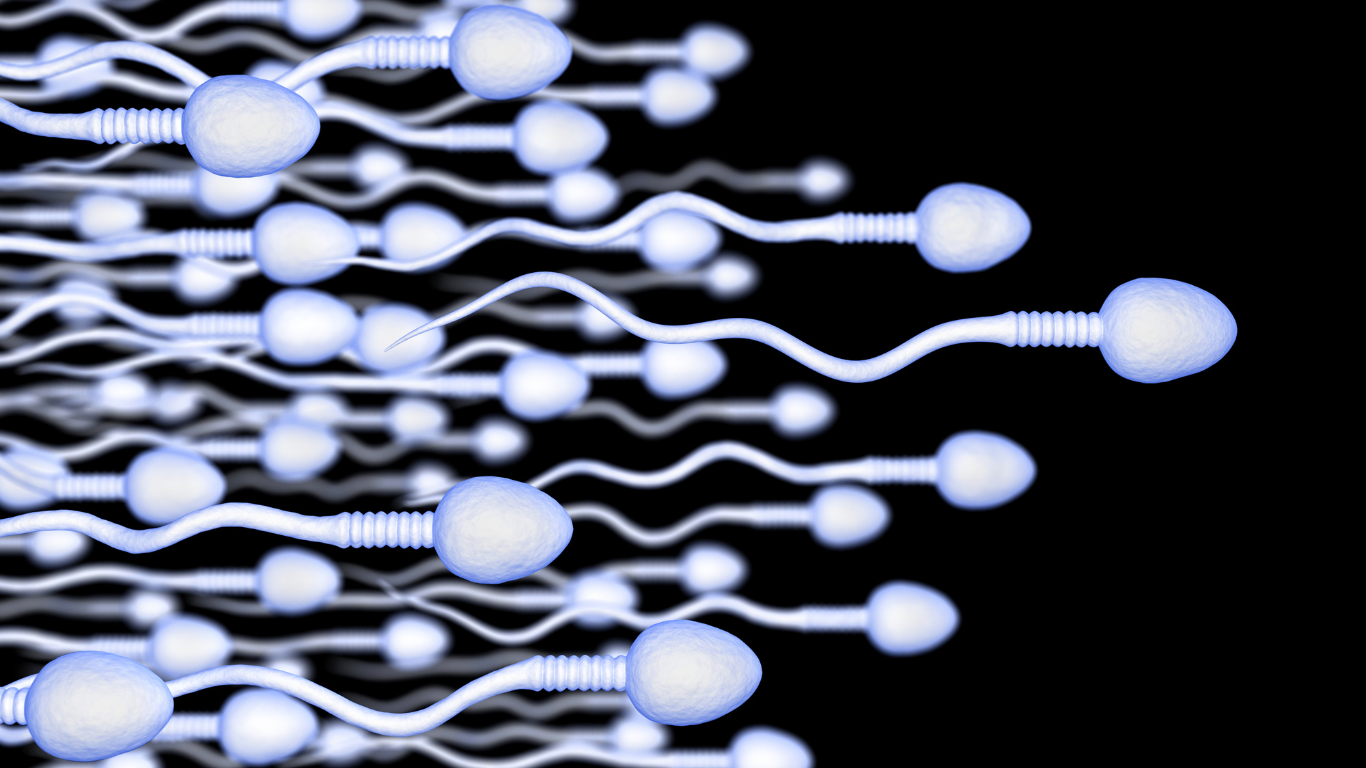
09 Oct The Pioneering Leap in Sperm Selection for IVF Success
The road to parenthood is not always smooth. As the World Health Organization reports, infertility affects roughly one out of every six individuals worldwide. Yet, with IVF cycles failing 78% of the time, countless couples face a tumultuous journey marked by emotional highs and lows.
Addressing the lesser-discussed side of fertility, Professor Majid Warkiani from the University of Technology Sydney (UTS) says, “Male infertility factors into about 30% of infertility cases. This can stem from various issues, including a low sperm count, poor sperm motility, or suboptimal sperm quality.” He adds, “While there’s significant attention on selecting optimal eggs and embryos for IVF, the process of sperm selection, crucial for assisted reproduction, remains somewhat in the shadows when it comes to technological advancements.”
But there’s hope on the horizon. A collaborative venture between UTS and NeoGenix Biosciences, an entrepreneurial venture originating from UTS, has led to the development of a state-of-the-art microfluidic sperm selection device. This device’s promise? A considerably enhanced and reliable method to select superior quality sperm. This groundbreaking research was recently showcased in the esteemed journal, Microsystems & Nanoengineering.
Traditional sperm selection techniques, such as the density gradient centrifugation and swim-up methods, have some significant pitfalls. There’s the risk of DNA fragmentation and increased cell death, both of which can hamper the success of an IVF cycle. Professor Warkiani sheds light on this revolutionary technology: “Our 3D printed microfluidic device is biologically inspired. It mirrors the female reproductive system and the organic sperm selection process. Here, only a minuscule fraction of the overall sperm succeeds in reaching the egg.”
The team’s comprehensive testing of this innovative method versus conventional IVF selection processes yielded impressive results. “We noted an astounding 85% boost in DNA integrity and a remarkable 90% decrease in sperm cell mortality. Furthermore, the sperm chosen via our technique showed superior resilience post-freezing compared to the traditional methodologies,” Professor Warkiani proudly shares.
Teaming up with Monash University and a host of Australian IVF clinics, the researchers are poised to integrate this cutting-edge technology into real-world clinical settings. Their aspiration is clear: to lend a helping hand to those grappling with infertility and substantially diminish the instances of IVF cycle failures.
For an in-depth dive into the research:
Steven A. Vasilescu et al. *Sperm quality metrics were improved by a biomimetic microfluidic selection platform compared to swim-up methods*. Microsystems & Nanoengineering, 2023. DOI: 10.1038/s41378-023-00501-7.


